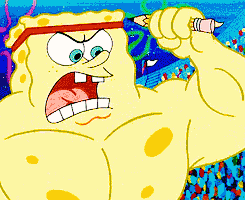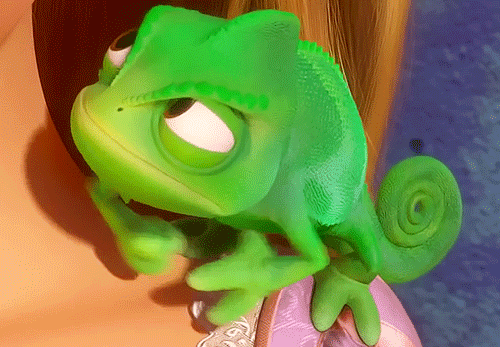**My theme for this year’s
A to Z Challenge is THE NAME GAME. Everything you’d want to know about naming
characters.**
There are so many
different things that can influence how you choose a character's name. You may
want to choose a name that is unique and interesting, or you may want to choose
one that is more common and believable. It will all depend on who you want your
character to be and the kind of story you’re writing. One thing you can take
into consideration is how popular a name is.
Think about the first
names that were popular when you were growing up. When I was in school, there
were a lot of Ashleys, Brittanys, and Michaels, for instance. A popular name will probably
come to mind first if you just try and think of a random name, because it’s
probably something that you’ve heard over and over again. The more people who
have a particular name, the more popular it is.
When it comes to naming
your fictional characters, knowing which names are popular may help you figure
it out. If your book takes place in a particular year, knowing which names were
popular is important. Even if you want a unique name for your main character,
you still have plenty of other characters who need names. Giving them
popular or common names may make your cast of characters seem more realistic.
If every single character has a unique or strange name, the reader could be
thrown off. Popular names occur in real life, so they should probably
occur in your story.
FUN TIP: The Social Security Administration keeps track of name
trends in the US. If you want to see which names have been popular from year to
year, check out their website!
So what causes trends
in name popularity? Pop culture can be a HUGE influence on what people name
their babies. If a TV show or movie is particularly popular, new parents often
jump on the bandwagon and name their children after its characters. For
instance, the name Arya was at #942 in the US in 2010. In 2013 it had risen to
#277. Game of Thrones premiered in
2011. Coincidence? Not even a little bit.
Movies, television, and
books are constantly influencing name trends. The name Luke started to rise in
popularity after the first Star Wars
movie was released, and has been popular ever since. Willow gained popularity
after Buffy the Vampire Slayer first
premiered. Official 2014 numbers aren’t out yet, but I wouldn’t be surprised if
Elsa is in the top 100 after the popularity of Frozen.
You can, of course, name your characters after other characters, although this can be tricky. But just knowing what names are popular can help you figure it out, whether you want a popular name, or even if you want one that isn't...
Do you choose popular names for your characters? Come back on Monday for pretty much the exact opposite of this post...



















































